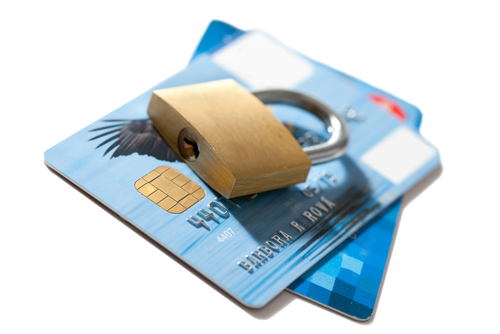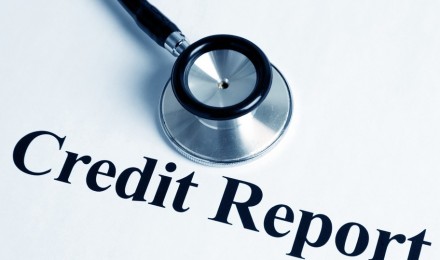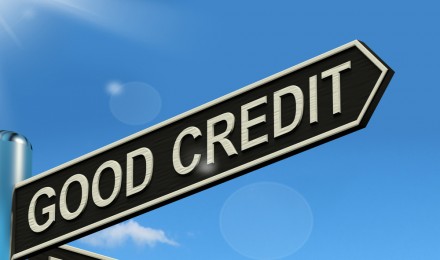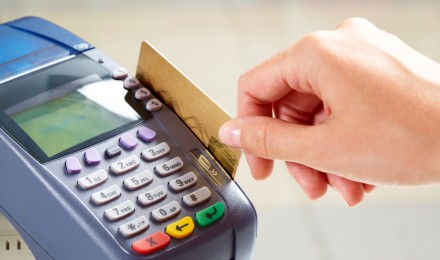If given the choice between a secured credit card and an unsecured credit card, many people would select the latter option. Secured credit cards aren’t the ideal choice, but they are definitely a safer option. These credit cards are issued by several banks and they work just like unsecured credit cards. But there are key differences. Whereas someone can apply for an unsecured credit card and pay nothing out-of-pocket, secured credit cards require a security deposit.
Anyone can apply for a secured credit card. However, these credit cards are often sought by people with no credit history and bad credit. Banks are picky and often deny people with unstable credit. By means of a secured credit card, many people have the opportunity to build a credit history from scratch or repair an existing credit history.
Benefits of a Secured Credit Card
Debt is always a risk with credit. A quick swipe of your credit card can put everything at your fingertips. And if you’re not careful, you can easily max out your credit accounts and spend the next few years repaying your creditors. Cash is a safer alternative, but unfortunately, cash doesn’t build your credit. You need credit to build or restore credit.
If you have a history of poor credit management, the idea of applying for a new credit card may seem frightening. You might wonder whether you’re strong enough to resist the temptation to spend. It’s common to repeat bad habits, but a secured credit card can help you stay on track. Here’s why:
- Low credit limit: The credit limit on your secured credit card will reflect the security deposit that you give to the issuing bank. Many banks have low deposit requirements and you can get a secured credit card with as little as $300. If you pay a low security deposit and receive a low credit limit, you won’t accumulate a lot of debt. This is by far safer than unsecured credit cards, which can have much higher credit limits.
- Security deposit acts as collateral: The bank doesn’t use your security deposit to pay off your debt. This money remains in a savings account as backup in the event of default. The issuing bank will send you a credit card statement each month and you’re required to pay the minimum. But if you default and stop paying your credit card, the bank will close your credit card account and apply the deposit to your outstanding balance. Thus, you avoid any lingering debt.
Applying for a Secured Credit Card
Many banks offer secured credit cards. If you already have a checking or savings account, start with your personal bank. Request an application and inquire about the requirements for a secured credit card. There is no credit check, thus the application process is fairly simple. The bank will request your personal information, such as your name, address and Social Security number. You’ll have to provide income and employment information, as well as your security deposit.
Confirm that your bank will report your account history to the three credit bureaus. If the bank does not update credit reports, it’s best to open a credit card account with another financial institution.
If given the choice between a secured credit card and an unsecured credit card, many people would select the latter option. Secured credit cards aren’t the ideal choice, but they are definitely a safer option. These credit cards are issued by several banks and they work just like unsecured credit cards. But there are key differences. Whereas someone can apply for an unsecured credit card and pay nothing out-of-pocket, secured credit cards require a security deposit.
Anyone can apply for a secured credit card. However, these credit cards are often sought by people with no credit history and bad credit. Banks are picky and often deny people with unstable credit. By means of a secured credit card, many people have the opportunity to build a credit history from scratch or repair an existing credit history.
Benefits of a Secured Credit Card
Debt is always a risk with credit. A quick swipe of your credit card can put everything at your fingertips. And if you’re not careful, you can easily max out your credit accounts and spend the next few years repaying your creditors. Cash is a safer alternative, but unfortunately, cash doesn’t build your credit. You need credit to build or restore credit.
If you have a history of poor credit management, the idea of applying for a new credit card may seem frightening. You might wonder whether you’re strong enough to resist the temptation to spend. It’s common to repeat bad habits, but a secured credit card can help you stay on track. Here’s why:
- Low credit limit: The credit limit on your secured credit card will reflect the security deposit that you give to the issuing bank. Many banks have low deposit requirements and you can get a secured credit card with as little as $300. If you pay a low security deposit and receive a low credit limit, you won’t accumulate a lot of debt. This is by far safer than unsecured credit cards, which can have much higher credit limits.
- Security deposit acts as collateral: The bank doesn’t use your security deposit to pay off your debt. This money remains in a savings account as backup in the event of default. The issuing bank will send you a credit card statement each month and you’re required to pay the minimum. But if you default and stop paying your credit card, the bank will close your credit card account and apply the deposit to your outstanding balance. Thus, you avoid any lingering debt.
Applying for a Secured Credit Card
Many banks offer secured credit cards. If you already have a checking or savings account, start with your personal bank. Request an application and inquire about the requirements for a secured credit card. There is no credit check, thus the application process is fairly simple. The bank will request your personal information, such as your name, address and Social Security number. You’ll have to provide income and employment information, as well as your security deposit.
Confirm that your bank will report your account history to the three credit bureaus. If the bank does not update credit reports, it’s best to open a credit card account with another financial institution.







